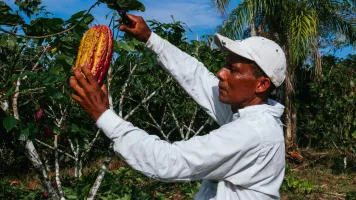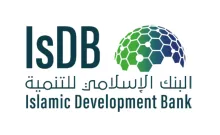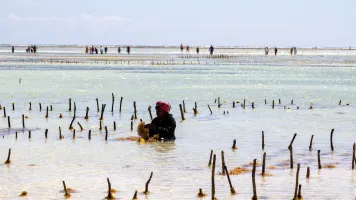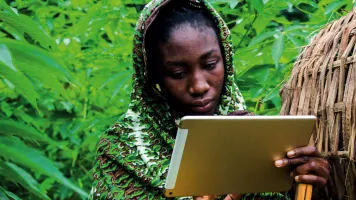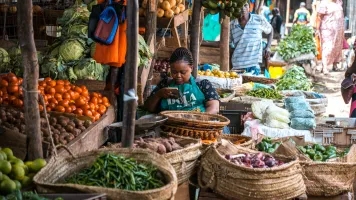During June 2024, the Global Partnership facilitated workshops in Togo, Guinea, and Mali to engage with country partners and local policymakers, following research and analysis on the current state of environmental, agricultural, and food security statistics. Insights were shared with relevant local institutions, along with recommendations to strengthen statistical systems and support informed decision-making and data-driven policymaking.
These events signify a significant milestone in the ongoing work in Francophone Africa by the Global Partnership, funded by the Islamic Development Bank (IsDB) and were executed by Francois Kamano (Francophone Program Manager) and Victor Ohuruogu (Snr. Africa Regional Manager). This work aligns with our broader initiatives on Agriculture Data to Tackle Food Insecurity and Data for Climate. Below are some insights from the recent events that were held with partners and stakeholders in each country.
In Guinea, the representative from the National Agency for Agricultural and Food Security Statistics (ANASA), who organized the workshop, highlighted the disruptions in the supply chain and rising food prices in West and East Africa, stressing that despite abundant agricultural activities and data, there is still a lot to do in expertise for collecting, processing, and effectively utilizing these data for informed decision-making.
The workshop highlighted the critical importance of accurate and timely agricultural and food security data. It facilitated active engagement with key stakeholders and encouraged discussion and feedback, with many sharing valuable insights on ways to develop the data collection and analysis process. The contributions from representatives of ANASA, INS, and other sectoral bodies were instrumental in identifying gaps and proposing practical solutions.
The workshop concluded on a positive note, with a collective commitment to implementing the recommendations and strengthening the national agricultural and food security data system.
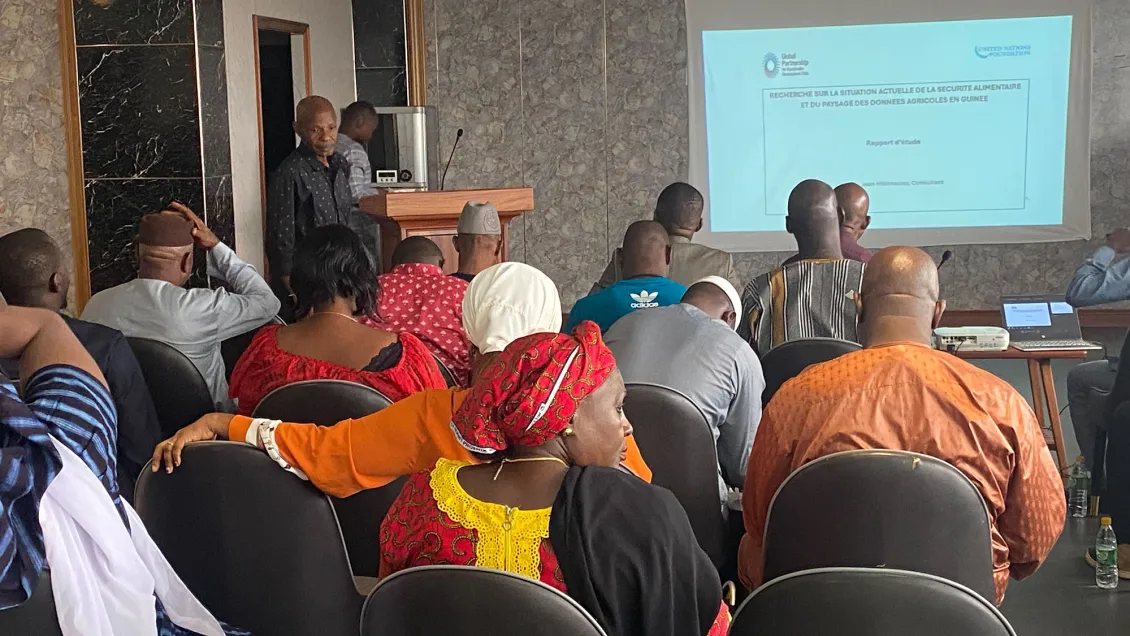
Participants at the Food Security and Agricultural Data event in Conakry, Guinea, June 2024. Photo by the Global Partnership.
In Togo, the Director of National Environment Management Agency (ANGE) opened the event, stressing the need for timely and accurate data to tackle issues exacerbated by climate change. A speech by Colonel Koffi A. Dimizou, representing the Minister of the Environment and Forest Resources of Togo, reiterated Togo's commitment to improving environmental data management. He acknowledged progress in raising awareness and fostering cooperation but noted challenges such as disconnected databases and limited capacity. He called for the modernization of the current system through an integrated Environmental Database Management System and a Geographic Information System for Environmental Monitoring.
Representatives from ANGE, the project to improve the Togo Environmental Information System (PASIET), and experts on Togo’s Environmental Information System (EIS), presented on the current data and monitoring systems, legal and institutional frameworks for data management, the challenges and opportunities for innovation and improvement. This was followed by discussions with participants on the data and indicators used, standardization issues, challenges in mobilizing funds, data management, and how to leverage existing initiatives.
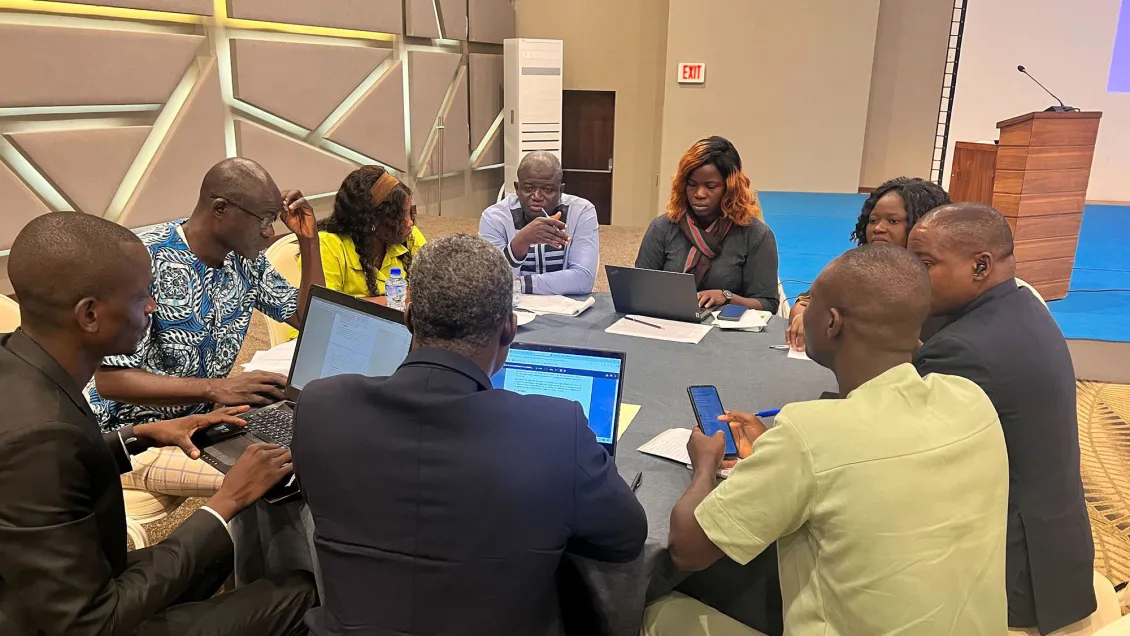
Participants at the Managing Environmental Data and Climate Statistics event in Lomé, Togo, June 2024. Photo by the Global Partnership.
In Mali, the Representative of the Expert Group (SARCO-SARL) and the Head of Mali’s Agricultural Statistics Division at the National Institute of Statistics (INSTAT) emphasized the importance of producing agricultural and food security data to guide decision-making in national development planning.
The Deputy Director General of INSTAT recalled the long term-partnership between INSTAT and the Global Partnership, which began in 2020. He reaffirmed INSTAT's commitment to continuing the production of reliable and relevant statistical data for the implementation of development programs. Meanwhile, the representative from the Islamic Development Bank expressed gratitude to INSTAT and all implementation partners and praised the collaboration with the finance department.

